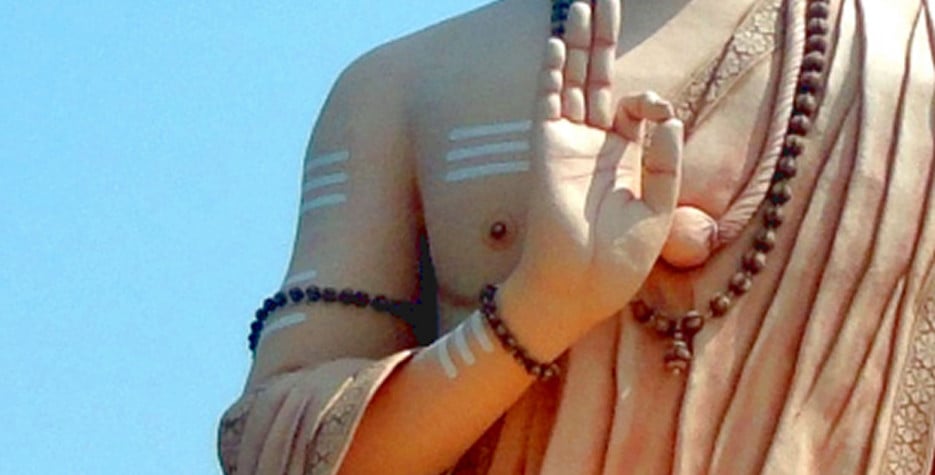When is Basava Jayanti?
Basava Jayanti is a regional government holiday in the Indian state of Karnataka on the third day of Shukla Paksha (18th day) in the month of Vaisakha. This means it falls in either April or May in the western calendar.
History of Basava Jayanti
Traditionally observed by the Lingayats in the Indian state of Karnataka, Basava Jayanthi marks the birth anniversary of Basavanna, a 12th-century poet-philosopher who was the founding saint of the Lingayat sect.
The Lingayats are a Hindu sect with a wide following in southern India that worships Shiva as the only deity.
Basavanna was born in 1105 CE in the northern part of Karnataka, to a Kannada family devoted to Hindu deity Shiva.
He grew up in Kudalasangama and married the daughter of the prime minister.
As the administrator of the royal treasury, Basava helped to spread the Lingayat sect by teaching and by dispersing funds to Lingayat guilds.
Several important Lingayat works are credited to Basavanna, including Vachana such as the Shat-sthala-vachana, Kala-jnana-vachana, Mantra-gopya, Ghatachakra-vachana and Raja-yoga-vachana.
Basavanna believed that every human being was equal, irrespective of caste and that all forms of manual labour were equally important.
Basava advocated the wearing of a necklace with a pendant that contains a small votary object symbolizing Shiva called a Linga, from which the Lingayats get their name.
He is also known as Bhaktibhandari (literally, the treasurer of devotion), or Basaveswara (Lord Basava).
On November 14th 2015, the Prime Minister of India Narendra Modi inaugurated the statue of Basavanna along the bank of the River Thames at Lambeth in London.
Basavanna also holds the distinction of being the first Kannadiga to have a commemorative coin, which was minted in recognition of his social reforms.


